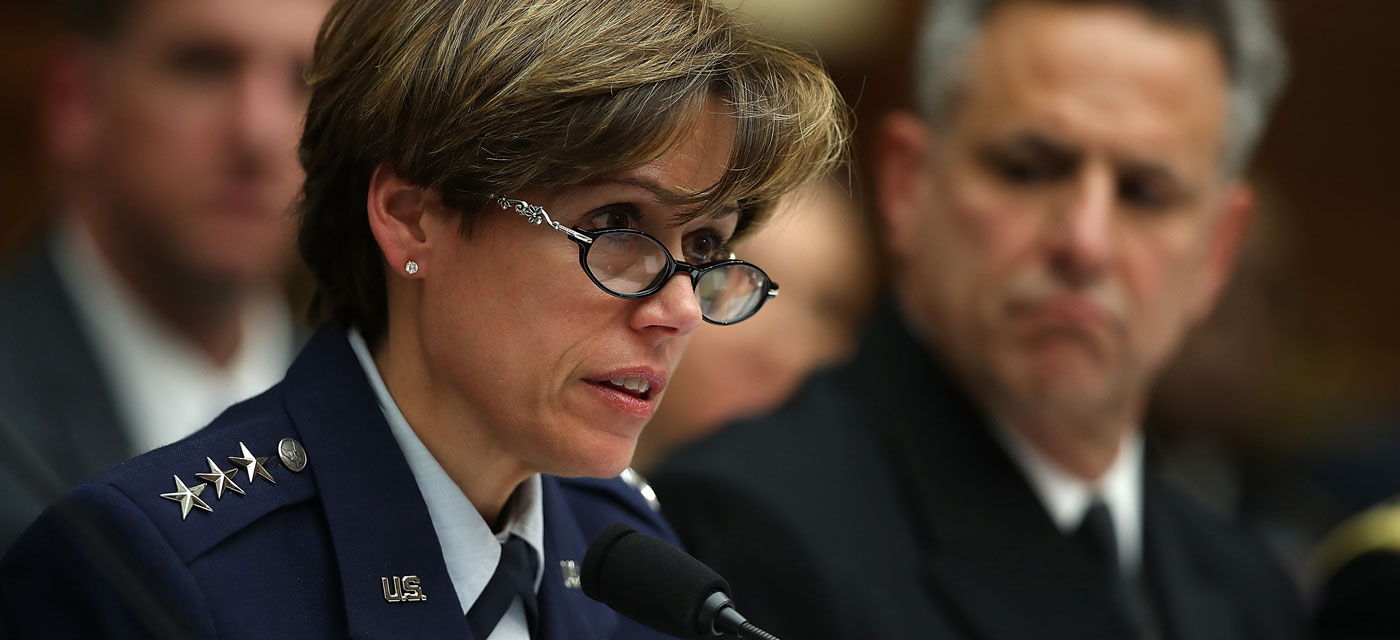(Photo: Justin Sullivan/Getty)
April 20, 2018
The military's personnel chiefs are concerned about retaining troops under the new Blended Retirement System, they told members of the House Armed Services Personnel Subcommittee in recent testimony.
The BRS went into effect Jan. 1 for all new entrants into military service. At the same time, the window opened for the one-time-only opt-in period to the new system for those eligible servicemembers.
In response to a question about the impact of the new BRS from Rep. Don Bacon (R-Neb.), a member of the subcommittee and a retired Air Force officer, the personnel chiefs unanimously voiced their concerns regarding retention.
“The new BRS fundamentally requires the services to relook at the way that we seek to retain talent and will force the Air Force to fundamentally change the way that we retain airmen,” Lt. Gen. Gina Grosso, Air Force deputy chief of staff for Manpower, Personnel, and Services, said.
The personnel chiefs said they anticipate the services will have to look at the how they use continuation pay as a retention incentive. They acknowledged they will not have any data about what, if any, effect the BRS has on retention for at least seven to 10 years.
Continuation pay is a key component of BRS in that the services will need to retain the right talent to stay on at the midpoint of a 20-year career. The baseline amount for continuation pay is 2.5 times a servicemember's base pay, but leaders currently have the authority to increase that amount based on the career field and manpower requirements.
Active duty servicemembers, including Active Guard Reserve and full-time support personnel, may be eligible for a continuation pay multiplier of 2.5 to 13 times their monthly basic pay. National Guard or Reserve members in a drilling status may be eligible to receive a multiplier of 0.5 to 6 times their monthly basic pay (as if serving on active duty).
MOAA has continued to work closely with Congress and DoD to ensure full BRS details are readily available not only to affected servicemembers and their leadership but also to spouses. Find more information regarding the BRS on Defense.gov and on your individual service's website.
